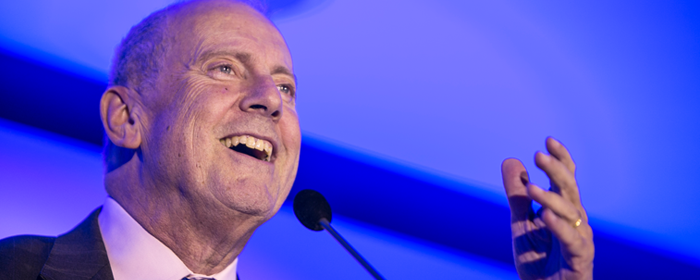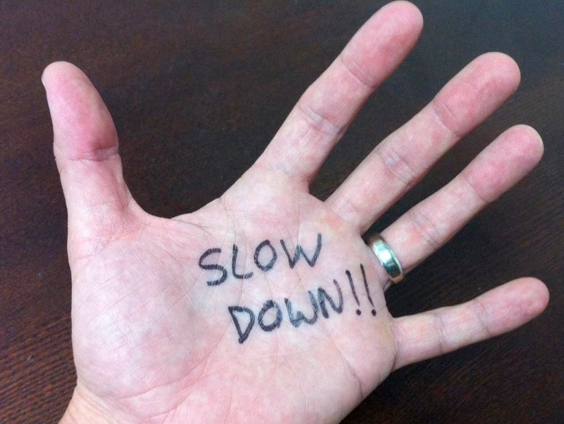
Developing Stage Presence
By f4group, November 21, 2014
Stage presence is the ability to project poise, decisiveness and furthermore, communicate with assertiveness and passion. This is a vital presentation skill that can be the difference between inspiring and intriguing your audience or having them staring at you thinking of post conference drinks.
Stand your ground
The biggest mistake we see in early rehearsals is that people move their bodies too much. They sway from side to side, or shift their weight from one leg to the other. People do this naturally when they’re nervous, but it’s distracting and makes the speaker seem weak. Simply getting a person to keep his or her lower body motionless can dramatically improve stage presence. There are some people who are able to walk around a stage during a presentation, and that’s fine if it comes naturally. But the vast majority are better off standing still and relying on hand gestures for emphasis.

Engage
Perhaps the most important physical act onstage is making eye contact. Find five or six friendly-looking people in different parts of the audience and look them in the eye as you speak. Think of them as friends you haven’t seen in a year, whom you’re bringing up to date on your work. That eye contact is incredibly powerful, and it will do more than anything else to help your talk land. Even if you don’t have time to prepare fully and have to read from a script, looking up and making eye contact will make a huge difference.

Nervousness
Another big hurdle for inexperienced speakers is nervousness—both in advance of the talk and while they’re onstage. People deal with this in different ways. Many speakers stay out in the audience until the moment they go on; this can work well, because keeping your mind engaged in the earlier speakers can distract you and limit nervousness.
Amy Cuddy, a Harvard Business School professor who studies how certain body poses can affect power, utilized one of the more unusual preparation techniques I’ve seen. She recommends that people spend time before a talk striding around, standing tall, and extending their bodies; these poses make you feel more powerful. It’s what she did before going onstage, and she delivered a phenomenal TED talk. But I think the single best advice is simply to breathe deeply before you go onstage. It works.
In general, people worry too much about nervousness. Nerves are not a disaster. The audience expects you to be nervous.
It’s a natural body response that can actually improve your performance: It gives you energy to perform and keeps your mind sharp. Just keep breathing, and you’ll be fine.
Nerves are not a disaster. The audience expects you to be nervous.
Acknowledging nervousness can also create engagement. Showing your vulnerability, whether through nerves or tone of voice, is one of the most powerful ways to win over an audience, provided it is authentic.

So in summary, the three most important points to remember when you are on stage;
- Keep your lower body still; you can gesticulate with your hands.
- Make eye contact to engage your audience. This is easiest when you have rehearsed enough to know the majority of your presentation off by heart.
- Nerves are not a disaster. The audience expects you to be nervous.




Looking to stay abreast of our latest news and projects?